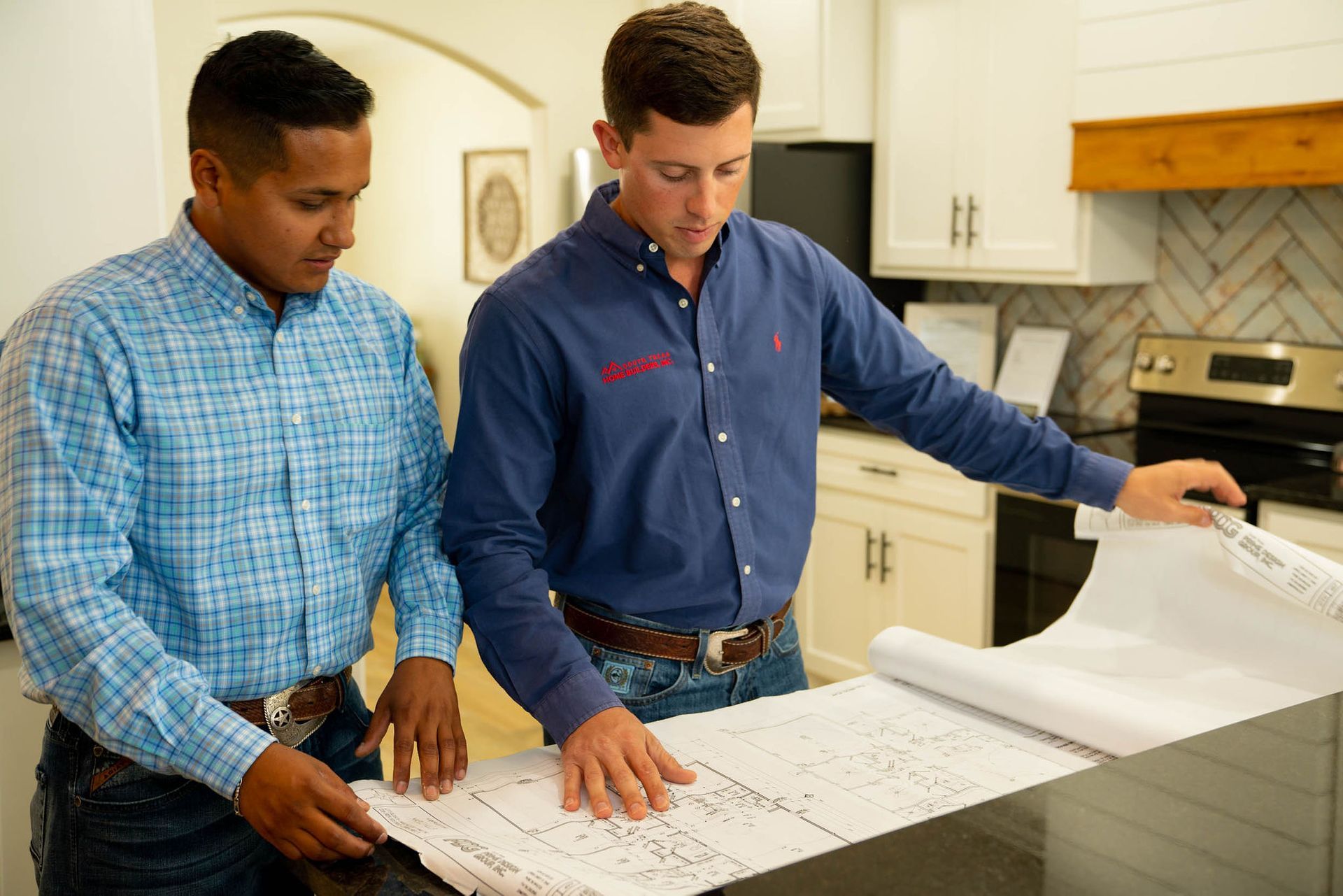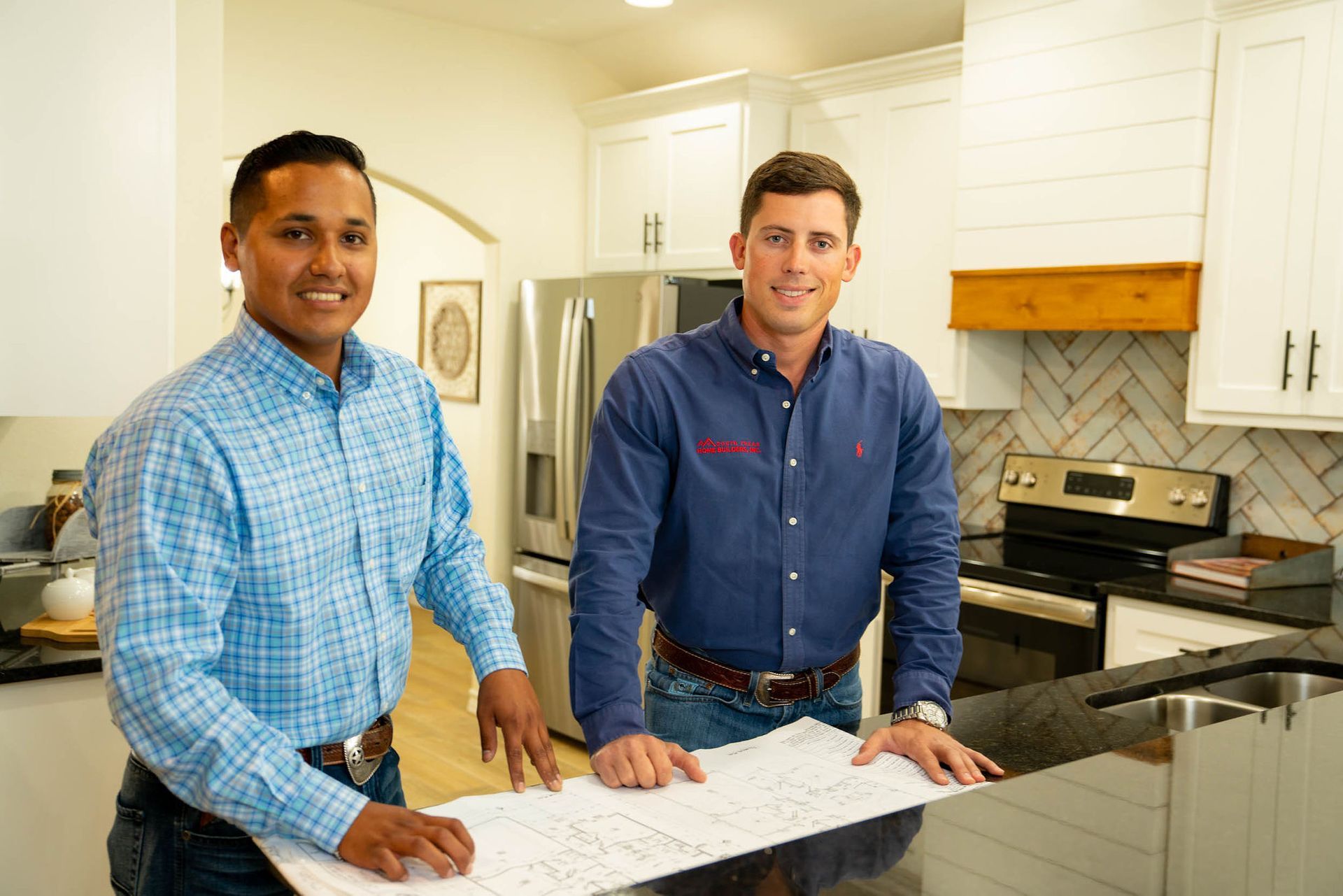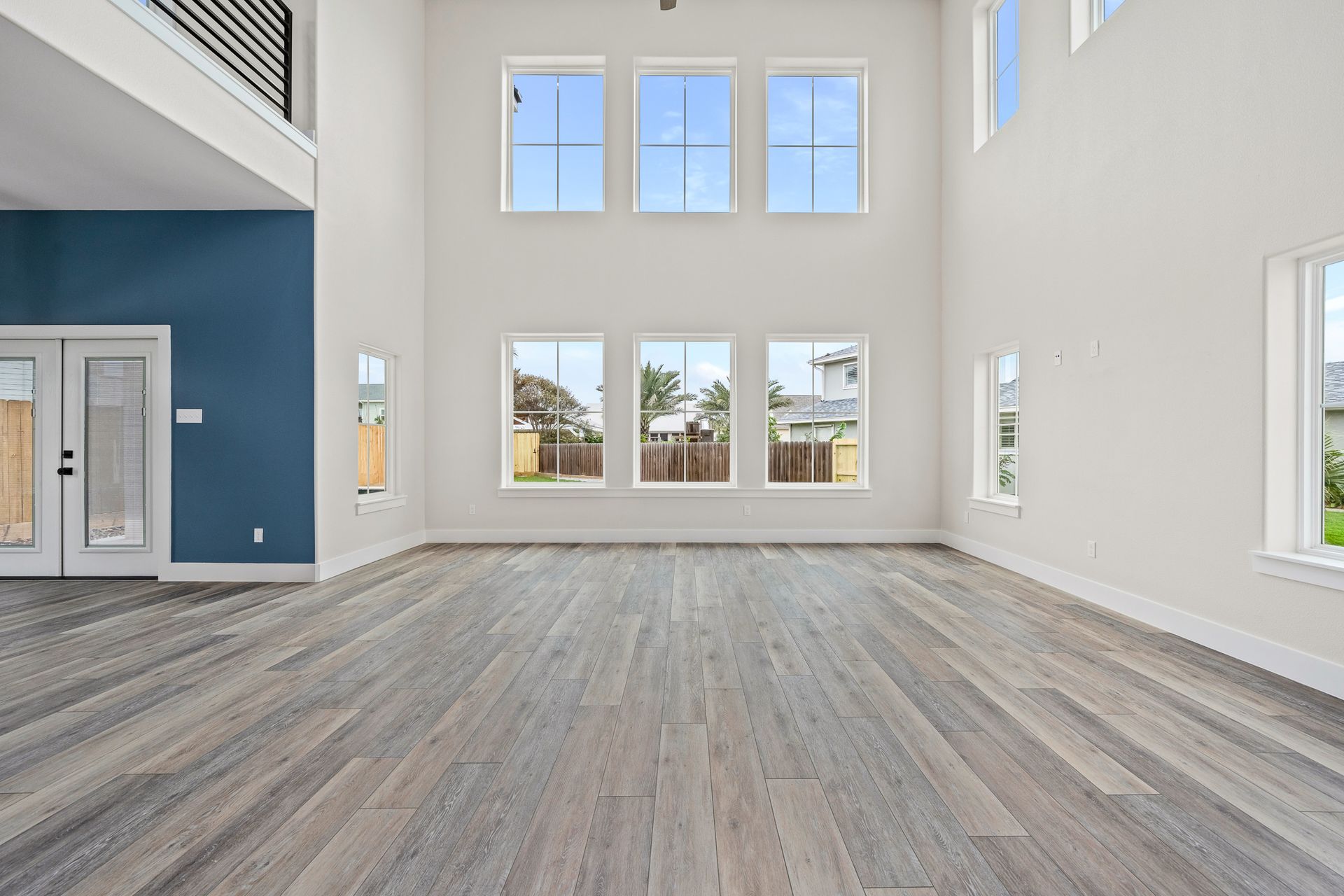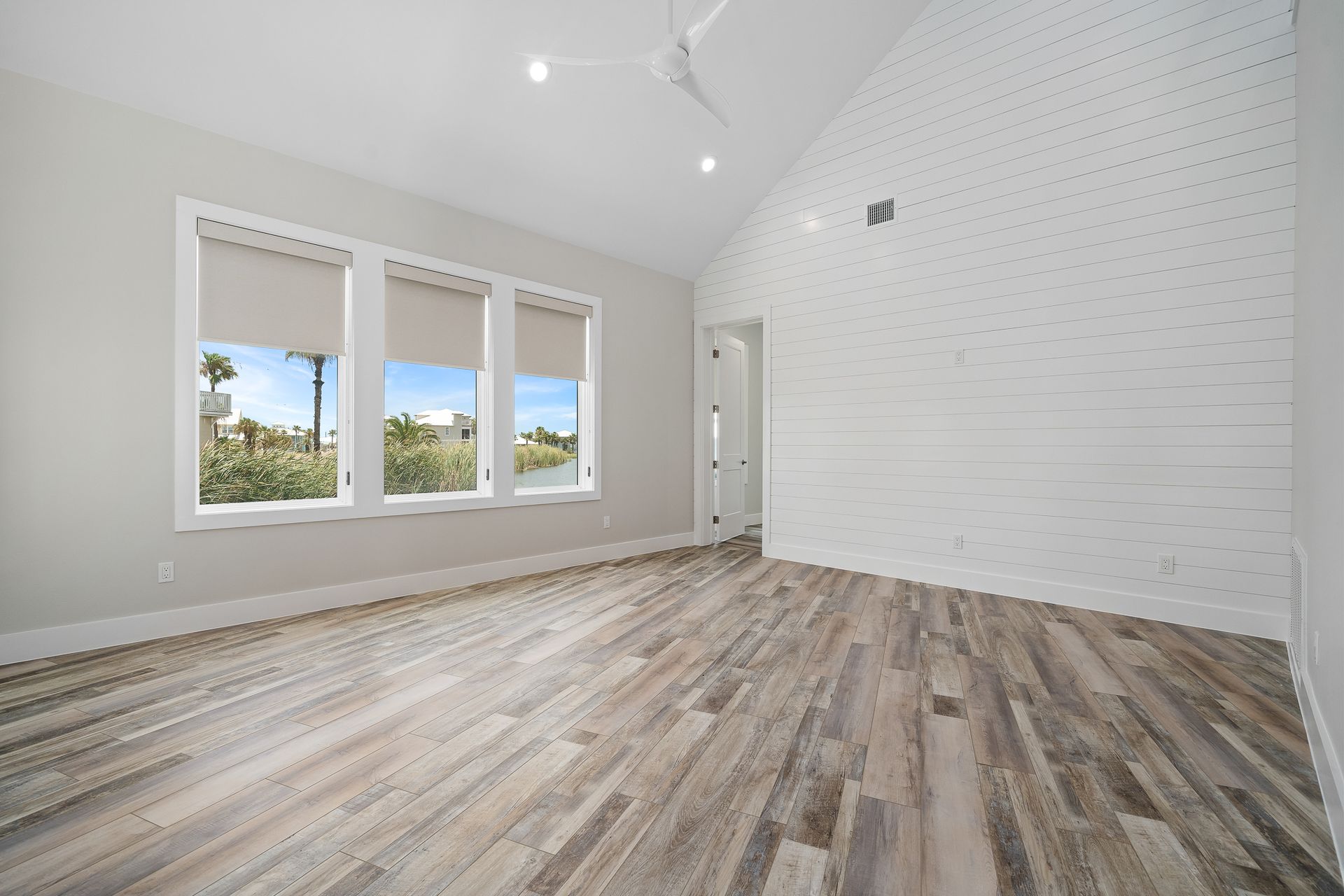
Ten Resources for Planning a New Home Build

Building a new home is an exciting journey, but it requires careful planning and coordination with local authorities to ensure everything runs smoothly. From securing permits to addressing zoning and drainage concerns, knowing where to find the right resources can make all the difference. Here are ten essential resources to help guide you through the home-building process.
1. Local Permit Office
Before construction begins, you’ll need to secure building permits to ensure compliance with local regulations.
📌 How to Find It:
Visit your city or county website and look for the "Permitting" or "Building Department" section.
Call or visit your local municipal office to ask about required permits.
💡 Tip: Permit requirements vary by location, so always confirm the process before starting.
2. Zoning and Land Use Office
Zoning laws determine how land can be used (residential, commercial, etc.), affecting home size, placement, and use.
📌 How to Find It:
Check with your city or county zoning office for specific restrictions.
Some areas have online zoning maps available for easy reference.
💡 Tip: If your plans don’t align with zoning regulations, you may need to apply for a variance or rezoning request.
3. County or City Drainage Department
Proper drainage is crucial to prevent flooding and erosion, especially in coastal Texas areas where heavy rains are common.
📌 How to Find It:
Contact the local public works department or stormwater management office.
Visit the county engineering office for floodplain maps and drainage permits.
💡 Tip: Check if your property is in a flood zone, as this can impact insurance costs and construction plans.
4. Property Appraiser’s Office
Understanding property value, tax rates, and land assessments is key to financial planning.
📌 How to Find It:
Search for the county tax assessor’s website to view property records and estimated values.
Call or visit the appraiser’s office to ask about property tax implications for new builds.
💡 Tip: Some counties offer tax exemptions for new construction—always ask!
5. County Commissioner’s Office
If you have concerns about road access, utilities, or neighborhood development, your county commissioner is your go-to representative.
📌 How to Find It:
Visit your county government website to locate your commissioner.
Attend public meetings or schedule an appointment to voice concerns.
💡 Tip: Commissioners influence local policies that affect home building, so stay informed on new developments.
6. Homeowners’ Association (HOA) or Deed Restrictions Office
If your new home is in an HOA-governed area, you’ll need to follow specific building guidelines.
📌 How to Find It:
Contact the HOA board or management company for community regulations.
If unsure, check your property deed for deed restrictions.
💡 Tip: Some HOAs require architectural approval before construction—submit plans early to avoid delays.
7. Utility Companies (Electric, Water, Sewer, Gas)
Ensuring your home has proper access to utilities is a key part of planning.
📌 How to Find It:
Contact your local power company for electrical service setup.
Reach out to the water and sewer department for hookup fees and service availability.
If using gas, check with the local provider for connection requirements.
💡 Tip: Some areas require a septic system inspection if city sewer isn’t available.
8. Fire Department or Emergency Services
Fire codes and emergency access can impact home placement and driveway design.
📌 How to Find It:
Call your local fire marshal’s office for fire code requirements.
Visit the city website to find your district’s emergency services contact.
💡 Tip: If building in a rural area, verify fire hydrant distance and accessibility for emergency vehicles.
9. Local Engineering or Soil Testing Firm
A professional soil test can determine if your land can support your home’s foundation.
📌 How to Find It:
Search for licensed soil testing or engineering firms in your county.
Your builder or county zoning office may provide referrals.
💡 Tip: Expansive clay soils (common in Texas) may require a special foundation design.
10. Home Builders Association (HBA) & Professional Contractors
Working with a reputable home builder ensures a smoother building process.
📌 How to Find It:
Search for a local Home Builders Association (HBA) for recommended builders.
Check builder credentials through the Better Business Bureau (BBB) or state licensing board.
💡 Tip: Always ask for references, insurance proof, and past project portfolios before hiring a builder.
Final Thoughts
Building a new home requires careful coordination with local authorities, utility providers, and professional builders. By using these ten resources, you’ll be well-prepared to navigate permits, zoning, drainage, and everything else needed for a successful home build.
🔨 Ready to start your home-building journey? Contact [South Texas Home Builders] for expert guidance and high-quality craftsmanship built for the Texas Coastal Bend!
NEWS










